The guinea pigs’ diet is easy to master, as these adorable fluffy animals are herbivores and vegetarians. They eat herbs and roots, vegetables and fruits, but sometimes flowers too!
However, some flowers are bad for guinea pigs, and some are good for consumption. Proper research is a must for any type of flower.
Guinea pigs can eat only certain flowers, such as:
1. dandelion,
2. marigold,
3. rose,
4. chamomile, and
5. lavender.
They can also eat bindweeds, red clover, regular clover, smooth sow thistle, campanula, milk thistle, hedge mustard, parsley, Mimulus, petunias, vetch, pyramidal bugle, and sweet violet.
On the other hand, some toxic flowers should be avoided, such as:
daisy, daffodils, chickweed, coltsfoot, goldenrod, green clover, groundsel, mallow, plantain, yarrow, asters, nasturtiums, sunflower, and sweet peas flower.
In this article, you will learn more about the edible flowers that are good for your cavy, their health benefits and nutritional values, the risks of feeding them with these flowers, and toxic flowers to be avoided.
Table of Content
Are Flowers Good for Guinea Pigs? | Health Benefits
Flowers are good for a cavy, as they can get many health benefits from eating them. However, most of these flowers should be given only in moderate amounts or limited quantities. Here are some of the common edible flowers and benefits a guinea pig can get:
Can Guinea Pigs Eat Dandelion?
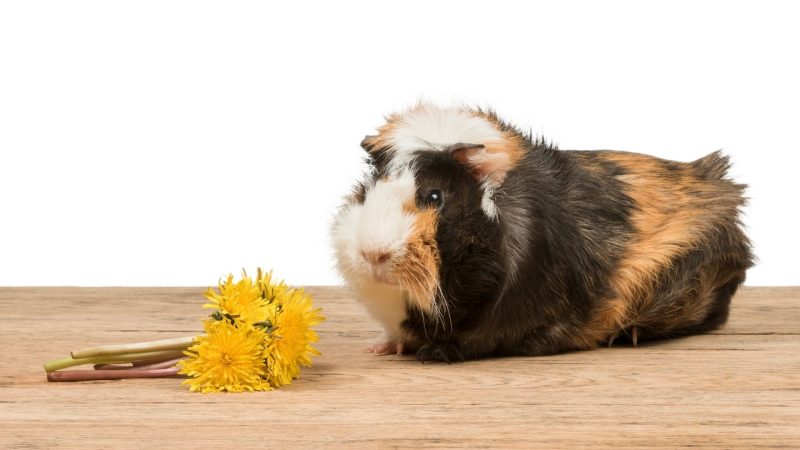
The dandelion is edible in all parts, including the petals, leaves, stems, and roots. You can frequently serve this to the guinea pigs, up to 4 – 5 days per week. Below are some of its health benefits:
- The dandelion is a good laxative.
- It can act as a diuretic that will improve the caviar’s urination.
- Also, it is medicinal too, as it can remove joint and muscle pains.
- It is said that this flower can even increase the appetite of cavies, making them eat more and, in return, making their immunity stronger.
- Dandelion contains vitamin C that is extremely important for their bodies. This vitamin prevents them from getting scurvy, swelling their joints, loose stool, and more.
- This flower also contains proteins, carbohydrates, vitamins A, K, and E, good for the cavy.
- There’s no cholesterol, which is good for their blood vessels.
Can Guinea Pigs Eat Marigold?
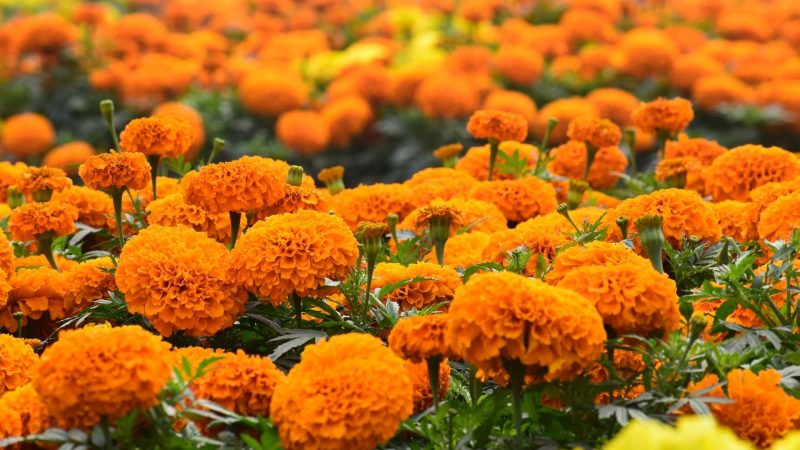
Now when it comes to marigolds, the flower is the edible part. It is relatively safe, and the cavies love the taste! The normal serving would be a small handful or a few flowers. Below are some of the benefits it can give to cavy:
- This flower is rich in fiber, contributing to healthy digestion.
- Marigold can also remove parasites and worms in their stomach.
- There is less chance for allergies.
- The liver health will be much better too.
Can Guinea Pigs Eat Rose?
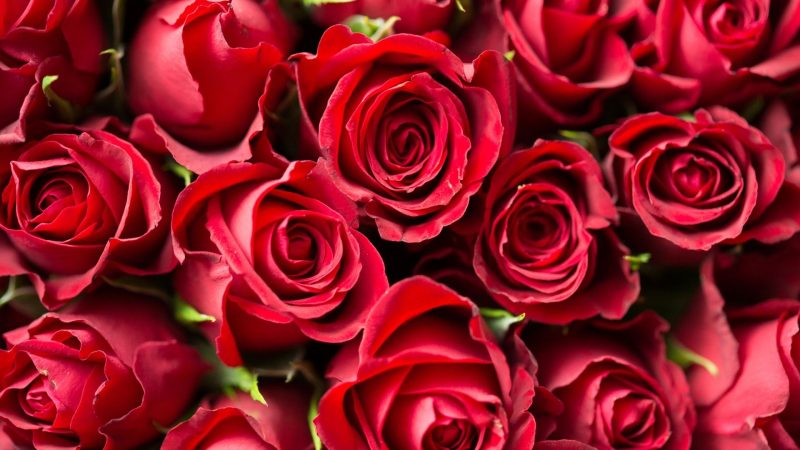
Guinea pigs can eat roses. These good-smelling flowers’ petals can be fed to your cavy in a small amount. But take note that it has no nutritional value. However, the rosehip part is rich in vitamin C that helps prevent complications like scurvy. It also has iron which is beneficial to red blood cell count, especially during pregnancy. Calcium is also present. On the other hand, rosehip is high in sugar and can be a health risk if fed in excess. It should be given in moderation, preferably from 5 to 10 grams and only 2 to 3 times a week.
Can Guinea Pigs Eat Lavender?
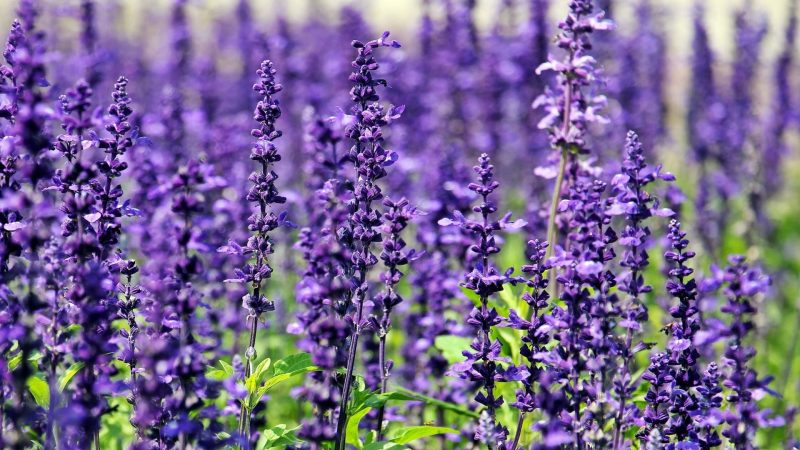
It can be eaten by cavies, as it is low in fat and calories. Also, it has carbohydrates and proteins, which are the main energy sources that warm up the body. Lavender is also a good source of vitamin C. Iron, which prevents anemia and keeps blood circulation healthy. Moreover, it has calming effects that help your cavy in times of stress. You can start giving this flower to your pet in small amounts once a week. Then, gradually serve it in moderation a few times a week, but not daily.
Can Guinea Pigs Eat Chamomile?
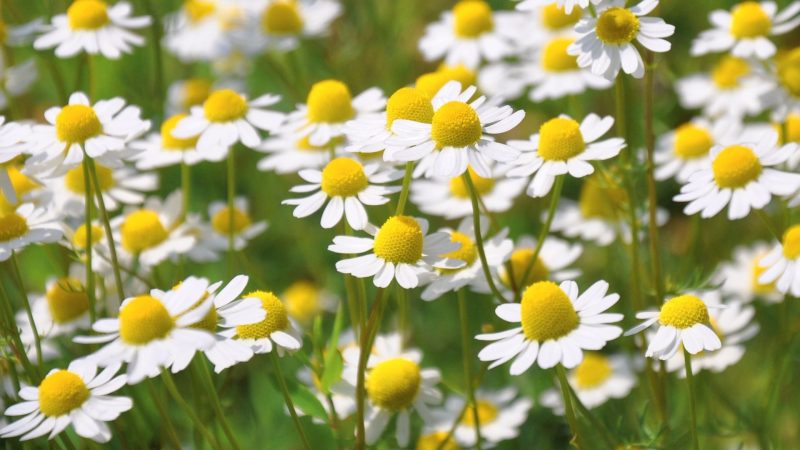
Guinea pigs can eat chamomile. It is a good source of fiber for healthy digestion, boosts appetite, and aids in digestive problems. Chamomile should be given in moderate amounts, preferably 2 to 3 times a week.
Edible Flowers for Guinea Pigs
Below are other edible flowers and wild plants that you can give to your cavy:
- Bindweeds
- Red clover
- Regular clover
- Smooth sow thistle
- Campanula
- Milk thistle
- Hedge mustard
- Parsley
- Mimulus
- Petunias
- Vetch
- Pyramidal bugle
- Sweet violet
- Rosemary
Take note that all these edible flowers and plants should be given in moderation to maximize their benefits and prevent health risks.
Here is a video about some flowers and other plants that a guinea pig can eat:
Nutrition Facts of Flowers
Here are some nutritional facts from flowers:
- Vitamin C: Most of these edible flowers are a good source of vitamin C. This nutrient has beneficial effects on cavies, such as scurvy prevention, promotes healthy joints and blood vessels.
- Rich in Fiber: Guinea pigs should eat a balanced fiber diet. It helps in keeping healthy digestion.
- Proteins: This nutrient aids in disease resistance and muscle health. Moreover, reduced and restricted intake of right protein meals may lead to baby cavy’s premature birth, lower weight for a newborn cavy, and mortality of most pups in the immediate postnatal period.
- Carbohydrates: A good source of energy, but should maintain in a lower amount.
- Vitamin A: Your pet cavy needed a high vitamin A nutrient, which they can get in these flowers. It helps in maintaining their growth and is good for their liver.
- Vitamin K: It is essential for bone health and blood coagulation.
- Vitamin E: It benefits muscles, boosts the immune system, and prevents lung inflammation.
- Low fat: It keeps blood arteries from being clogged. As a result, overall cardiovascular health will be favorable.
- Low calories: The guinea pigs’ diet requires low calories amount.
- Sugars: Some of these flowers have high sugar content, such as the rosehip. Too much sugar intake is inadequate for cavy’s teeth and leads to digestive problems.
Risks to Consider When Feeding Flowers to Guinea Pigs
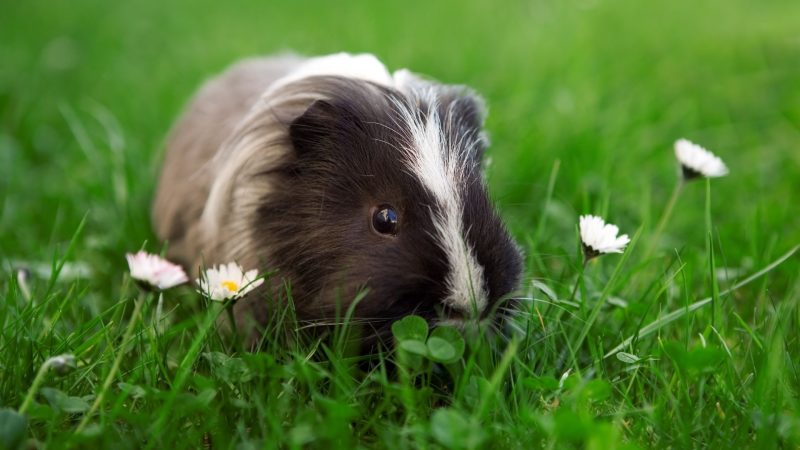
Here are some risks when feeding your pet with flowers:
Location Where Flowers Were Picked
If you had them in your garden, then it would be fine for the ‘allowed’ flowers. Otherwise, avoid areas with pollution, traffic, or where owners walk their dogs. There are high chances of contamination in such places, so the flowers there are never edible.
Excess Calcium Intake
Calcium can often be found in flowers, even in dandelions. This mineral helps in having healthy bones and strong bone tissue. But for guinea pigs, this creates serious urinary problems. Excessive calcium deposits in the bodies of cavies can lead to kidney or bladder stones problems. If uncured, this can progress to renal failure.
Feeding Too Many Flowers
The cavies would have an upset stomach, loose stool or diarrhea, gas or flatulence, and bloating.
Urine Color
The pigment in flowers can change the urine color, but don’t panic – this is not harmful.
Poisoning or Toxicity
If the cavy has eaten a toxic and poisonous flower, it will be a matter of life and death. At first, your cavy may experience nausea and salivation. The cavy would appear to be drooling heavily, so watch out for this!
Skin Rash
It may be hard to detect, as the guinea pig has fur. However, monitor his feet and mouth or any section with skin not covered with fur. You may also check for their breathing, as it may become heavier by the minute or second, and a fast pulse accompanies this. So, if the guinea pig has been around flowers and you are not sure what it ate, pick the guinea pig up, hold it in your arms. If you notice any changes in the pulse rate and the whole body is trembling, your pet has probably been poisoned.
Digestive Problems
There is also a possibility of diarrhea, so closely monitor the feces or bowel movements.
Unable to Throw up
The worst thing is that cavies cannot throw up, making it hard for them to remove unwanted foods or toxins!
Overall, watch out for salivation, bowel movements, pulse rate, skin rash, fast breathing. If any of these symptoms appear, immediately go to the veterinarian. And also, it is a great idea to have some emergency medicines at home recommended by your veterinarian.
Toxic Flowers to Be Avoided For Guinea Pigs
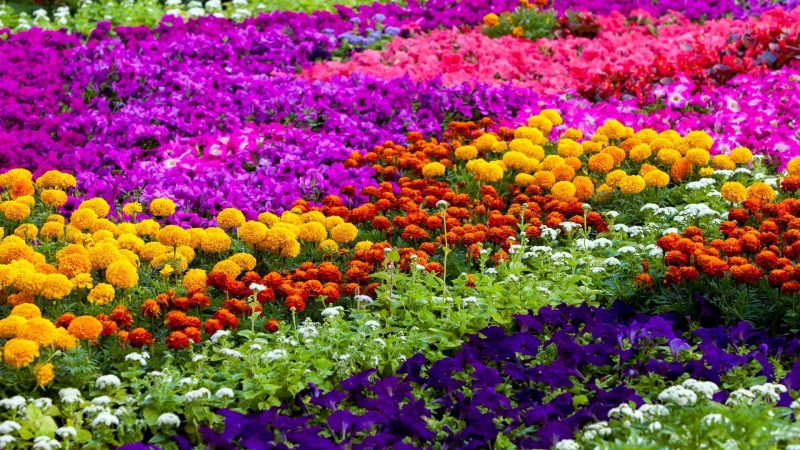
Below are some of the toxic plants that you should avoid feeding your cavy:
- Aster
- Chickweed
- Coltsfoot
- Daffodil
- Daisy
- Goldenrod
- Green clover
- Groundsel
- Mallow
- Nasturtiums
- Plantain
- Sunflower
- Sweet peas
- Yarrow
Quick Facts on Flowers
- Some flowers are toxic, and some are good as food for cavies.
- The benefits of edible flowers: good digestion, more appetite, pain relief, and more nutrients.
- The risks of non-edible flowers: diarrhea, calcium deposits, change in urine color, and poisoning.
- For poisoning: have first-aid medicines (consult a veterinarian) and rush them to the veterinarian clinic!
If you are not sure what to order but believe your little piggies deserve some great treats, please check our Helpful Guide to the Best Guinea Pig Treats to get some ideas.
List of Sources
Nutrient Requirements of Laboratory Animals
